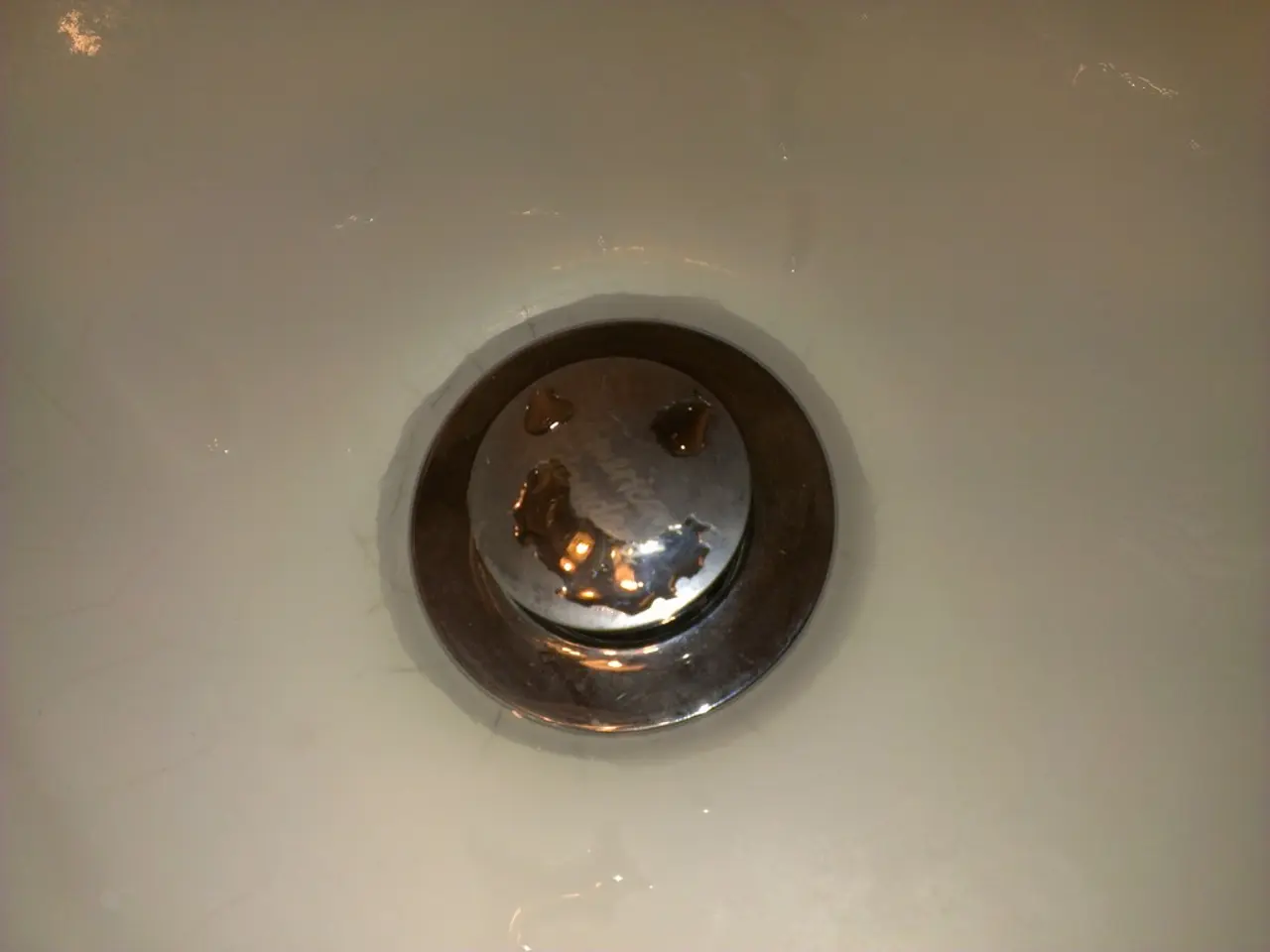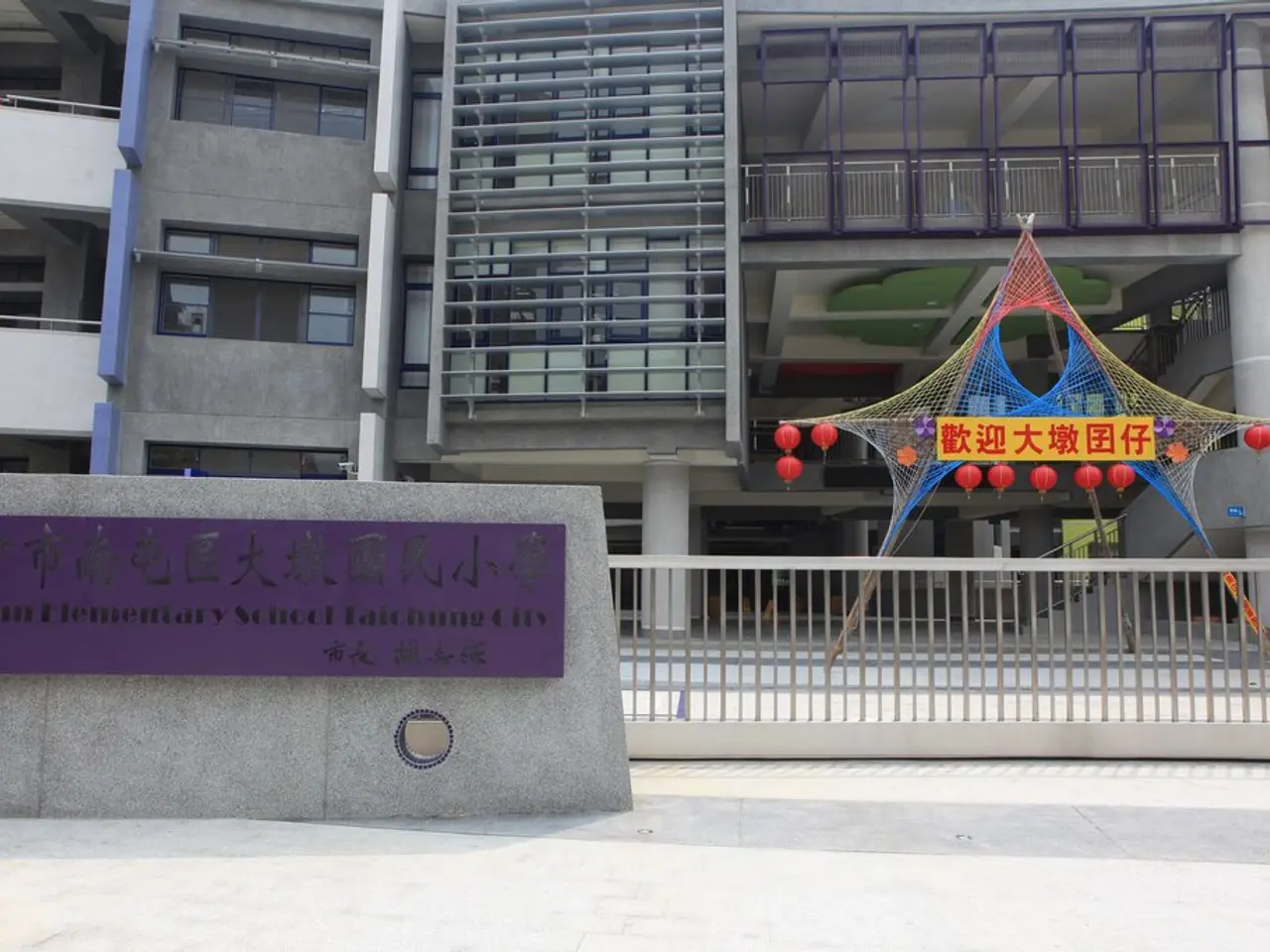Variations in waste water and waste fees across local authorities in North Rhine-Westphalia reveal considerable disparities
In North Rhine-Westphalia, residents are facing a sharp increase in sewage and waste disposal fees, according to the latest analysis by the Association of Taxpayers NRW [1]. These fees cover the treatment of wastewater and the disposal of waste, and the trend shows no signs of slowing down.
The Association of Taxpayers NRW has identified this significant increase and is urging interventions to address it. Rik Steinheuer, chairman of the association, emphasizes that the current fee increases must stop [2].
The rise in costs is attributed to several factors. Stricter treatment requirements, such as the introduction of advanced treatment stages and compliance with EU environmental directives, contribute to rising costs [3][4]. Infrastructure investments, like the installation of sludge incinerators and waste-to-energy plants, also play a role [4].
Moreover, higher municipal standards, CO2 pricing for waste incineration, and new regulations like the Bio-waste Ordinance are contributing to the rise in waste disposal fees [5]. The application of the depreciation method for sewage fees is also a point of contention, as more municipalities are adopting this practice [6].
The fees vary significantly across municipalities. For instance, sewage fees in Reken are 330 euros, while Monschau demands 1,688 euros, a difference of over 400 percent [7]. In municipalities such as Mechernich (+30 percent), Herford (+16 percent), and Düsseldorf (+14 percent), waste disposal fees increases are significantly higher [8]. In some cities like Halle, Wülfrath, and Vreden, sewage fees have increased by more than 25 percent within a year [9].
On average, households will pay around 306.80 euros for waste disposal fees in 2025, marking a 2.5 percent increase [10]. In 77 municipalities of North Rhine-Westphalia, sewage fees for a typical four-person household with specific water and sealed area exceed 1,000 euros per year [11].
To manage these cost burdens, the Association of Taxpayers NRW is advocating for measures such as more flexibility in managing sewage and waste disposal fees, fewer mandatory standards, and relief for frugal households [12]. Specific proposals include offering smaller waste bins, reducing the minimum residual waste volume, and avoiding unnecessary solutions through intermunicipal cooperation [13].
The association also suggests that depreciation for sewage fees should be based on the purchase value, not the replacement value [14]. They also oppose the transfer of surpluses from sewage fee accounts to the general budget [15].
In conclusion, the Association of Taxpayers NRW is calling for action to address the sharp increase in sewage and waste disposal fees in North Rhine-Westphalia. They are advocating for greater transparency, fairness in fee calculation, and governmental oversight to prevent excessive fee increases. The association's specific demands, such as more flexibility in fee management and relief for frugal households, aim to alleviate the financial burden on residents.
The Association of Taxpayers NRW highlights the need for intervention in the rising sewage and waste disposal fees, with Rik Steinheuer, its chairman, urging a halt to the current increases [2]. The association believes that these increases can be addressed through measures such as more flexibility in managing sewage and waste disposal fees, relief for frugal households, and the implementation of a depreciation method based on the purchase value for sewage fees [12][14]. In the realm of business and finance, these interventions aim to reduce the substantial financial burden on residents of North Rhine-Westphalia.




